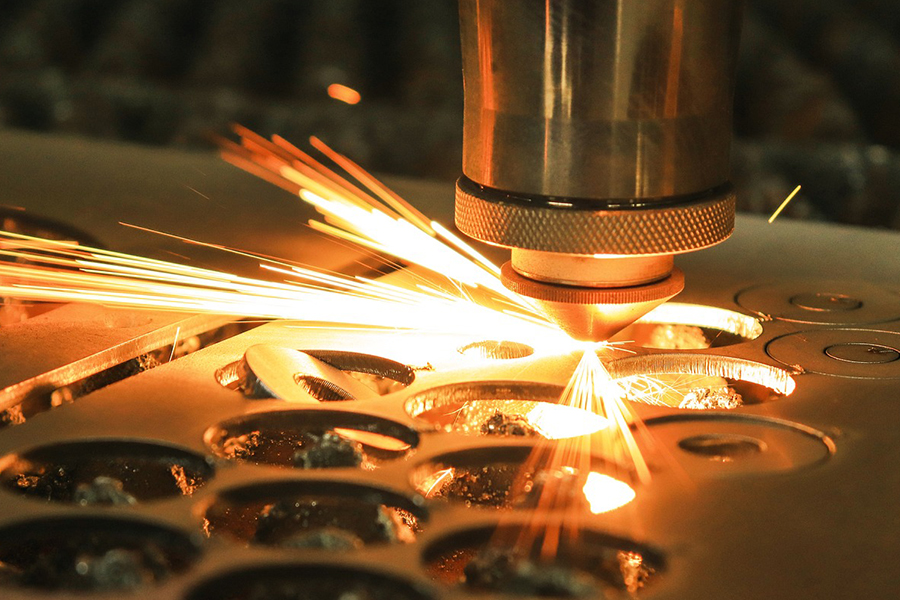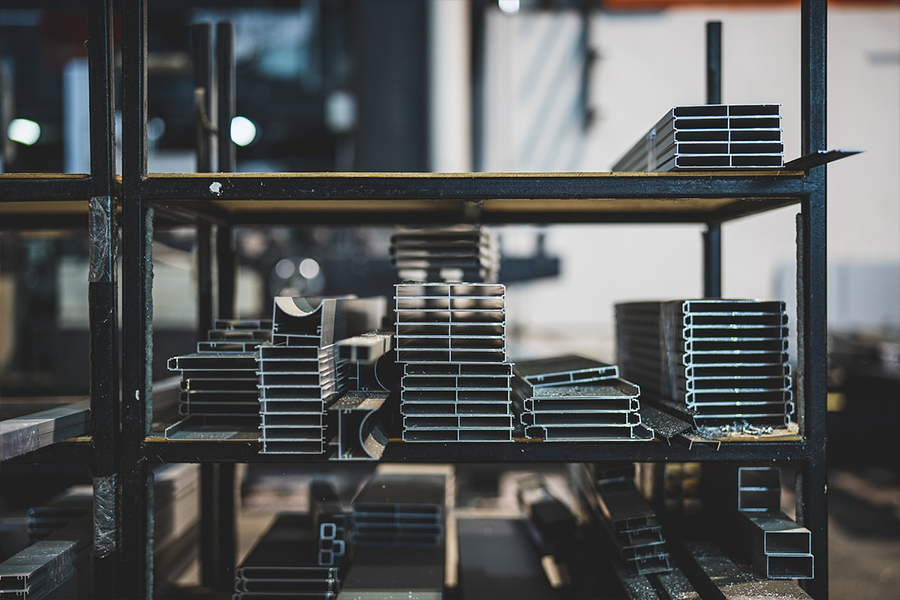
Laser cutting: the coordination problem of speed and cutting quality
Release time:2025-01-03 Click:121In the field of sheet metal processing, laser cutting technology occupies an important position with its advantages such as high precision and high flexibility. However, how to coordinate the speed and cutting quality in the laser cutting process has always been a difficult problem in the industry.
The principle of laser cutting is to use a high-energy-density laser beam to irradiate the sheet metal material, so that the material can be quickly melted or vaporized, thereby achieving cutting. When the cutting speed is fast, the action time of the laser beam on the material is relatively shortened. This may cause the material to fail to fully melt or vaporize, and the cutting surface will appear rough, slag and other problems, affecting the cutting quality. For example, when sheet metal processing some thin plate materials, if you blindly pursue speed, the cutting edge may be jagged, and secondary processing such as grinding is required later, which not only increases the cost, but also may affect the accuracy and aesthetics of the product.

On the other hand, if the cutting speed is reduced in pursuit of the ultimate cutting quality, although a smooth and flat cutting surface and precise cutting size can be obtained, the production efficiency will be greatly reduced. In modern manufacturing, time is cost. For large-scale sheet metal cutting production tasks, a lower cutting speed may not meet the time requirements for order delivery, reducing the competitiveness of enterprises in the market.
In actual sheet metal cutting applications, many factors affect the balance between speed and quality. Laser power is one of the key factors. Higher laser power can increase cutting speed while ensuring a certain cutting quality. However, laser power cannot be increased indefinitely, otherwise it will increase equipment cost and energy consumption, and may also cause excessive thermal impact on the material, leading to problems such as material deformation.
The characteristics of the material should not be ignored. Different sheet metal materials, such as carbon steel, stainless steel, aluminum alloy, etc., have different physical properties such as melting point and thermal conductivity, and their absorption and reaction to laser are also different. For materials with higher melting points and higher thermal conductivity, it is more difficult to increase the cutting speed while ensuring cutting quality, and it is necessary to accurately adjust the laser parameters and cutting process.

The selection and use of cutting gas will also affect the balance between speed and quality. Suitable cutting gas can help blow away the slag generated during the cutting process, improve the cutting quality, and also speed up the cutting speed to a certain extent. For example, when oxygen is used as a cutting gas, it can promote the combustion reaction of carbon steel and speed up the cutting speed, but for some easily oxidized metal materials, it may affect the quality of the cutting surface. At this time, it is necessary to select inert gases such as nitrogen to ensure the cutting quality.
Solving the coordination problem of laser cutting speed and quality requires sheet metal processing companies to continuously explore technology and optimize processes. By accumulating a large amount of cutting experimental data, establishing a material database and cutting process parameter library, and using advanced CNC systems to achieve intelligent control of the cutting process, the laser parameters and cutting speed can be automatically adjusted according to different materials and cutting requirements. In this way, the cutting speed can be increased as much as possible while ensuring the cutting quality, achieving a win-win situation for production efficiency and product quality, and promoting the sustainable development of the sheet metal processing industry.